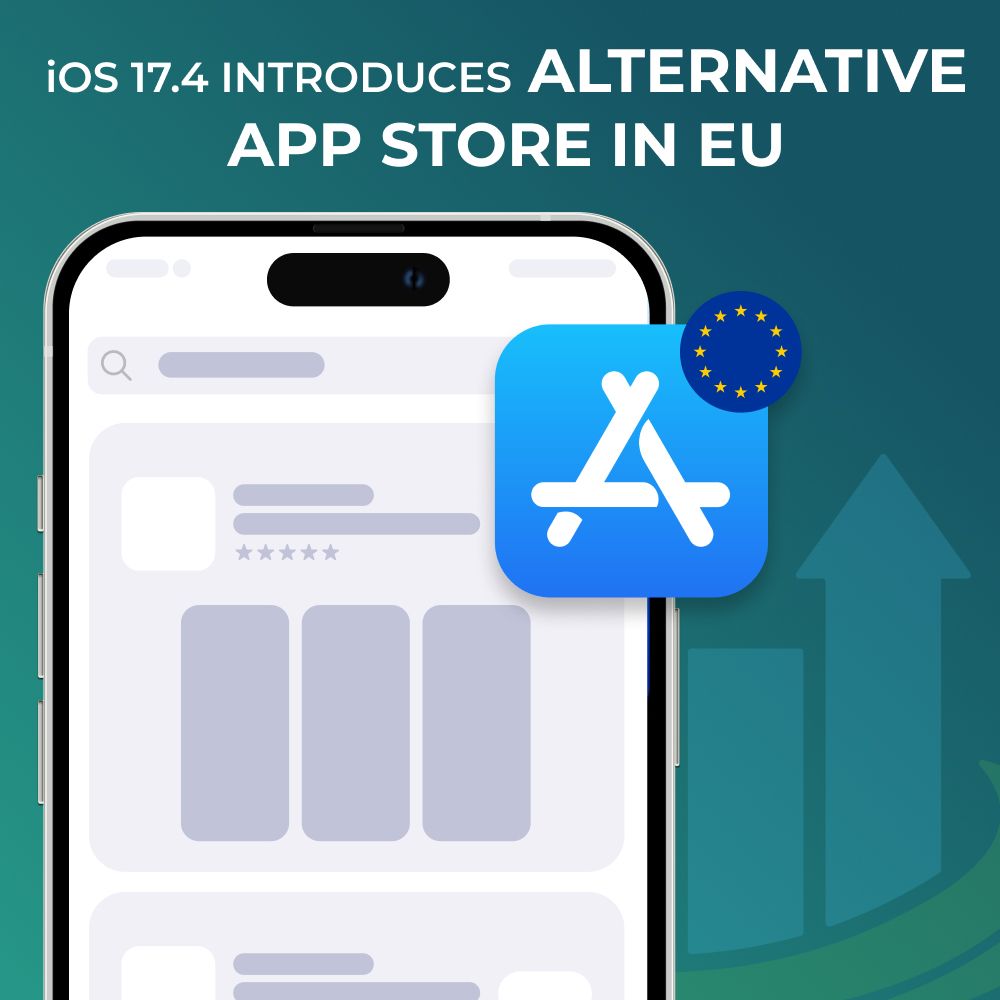Propelled by regulatory changes in the European Union, Apple has rolled out iOS 17.4, which introduces significant policy shifts exclusively for its EU user base, marking the fourth major update since the launch of iOS 17 in September.
The shift comes in response to the EU’s Digital Markets Act, compelling Apple to permit the download and utilization of third-party app stores across the region. This newfound flexibility allows EU residents to designate these alternative platforms as their default app stores, with offerings such as Setapp and Epic’s iOS games store poised to launch imminently.
Furthermore, iOS 17.4 paves the way for the integration of third-party payment methods, browser engines, and NFC functionalities for banking and payment services beyond Apple’s proprietary system, exclusively within the European territory. These modifications significantly diverge the user experience of iOS and iPadOS devices in Europe from that in the rest of the globe.
In detailing the iOS 17.4 update, Apple outlines new freedoms for EU consumers, including:
- The ability to source apps from third-party marketplaces.
- Options to install and set default web browsers with different browser engines.
- The choice to manage default web browsers upon the initial launch of Safari.
- Access to alternative payment methods for app transactions within the App Store, indicated by an external purchases badge (subject to developer implementation).
Contrastingly, Apple’s release notes for users outside the EU will omit these EU-specific alterations.
The iOS 17.4 update also brings universal enhancements accessible to all users, such as transcript features in Apple Podcasts, the introduction of new emojis, Music recognition capabilities, announcements of messages via Siri, Stolen Device Protection, and updated Battery Health settings, among others.
Wondering how this impacts your ASO efforts in the EU? Want to explore whether or not these technologies make sense for your app?





